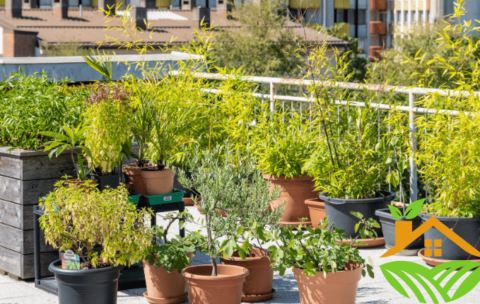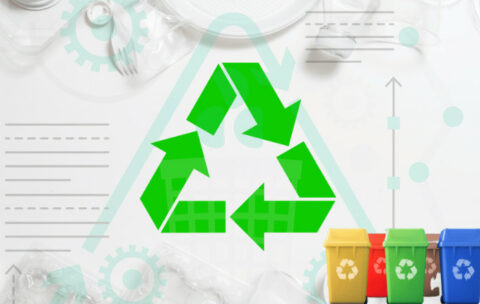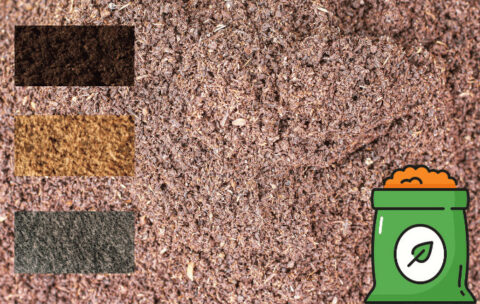Plant Nursery Design and Layout: Creating Efficient Growing Spaces
The course “Plant Nursery Design and Layout: Creating Efficient Growing …
What you'll learn
Plant Nursery Marketing and Business Management Strategies
The course “Plant Nursery Marketing and Business Management Strategies” provides …
What you'll learn
Terrace Farming: Sustainable Agriculture on Urban Rooftops
The course “Terrace Farming: Sustainable Agriculture on Urban Rooftops” provides …
What you'll learn
Urban Terrace Farming: Maximizing Food Production in Limited Spaces
The course “Urban Terrace Farming: Maximizing Food Production in Limited …
What you'll learn
Terrace Gardening: Cultivating Productive Gardens on Terraced Surfaces
The course “Terrace Gardening: Cultivating Productive Gardens on Terraced Surfaces” …
What you'll learn
Terrace Farming Techniques: Innovations for Small-Scale Agriculture
The course “Terrace Farming Techniques: Innovations for Small-Scale Agriculture” is …
What you'll learn
Mastering Vermicomposting: Sustainable Organic Waste Management
Introduction to Vermicomposting: Participants will gain an understanding of the …
What you'll learn
Advanced Techniques in Vermicomposting: Maximizing Efficiency and Productivity
The course “Advanced Techniques in Vermicomposting: Maximizing Efficiency and Productivity” …









